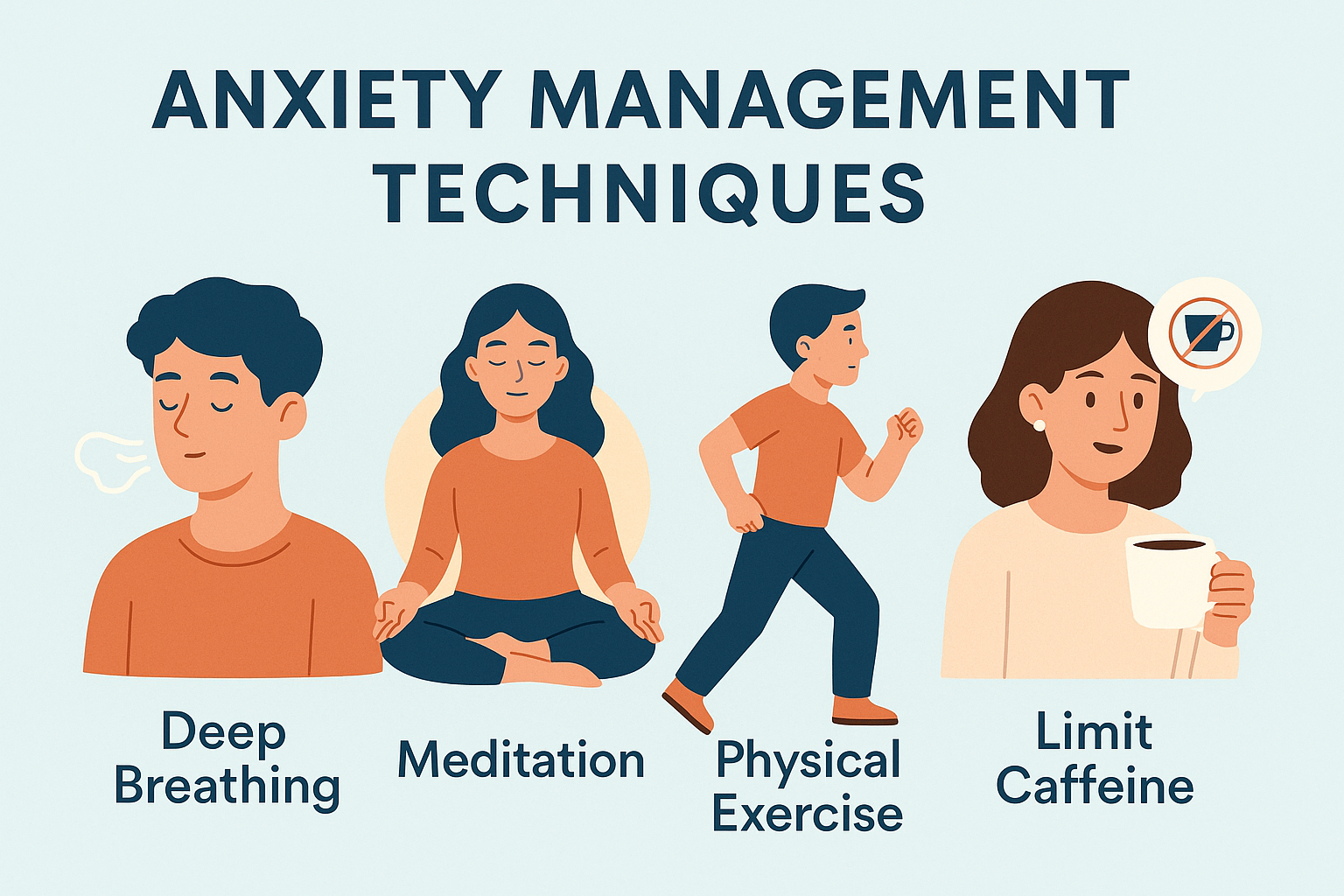
Helping Teens Manage Life’s Tough Transitions: The Power of Counseling Services
It’s hard to watch teens struggle with the emotional and social changes that come with growing up. Whether it’s stress from school, shifting friendships, or simply managing big emotions, these challenges can take a toll.
As a parent, guardian, or teacher, you want to provide support but might feel unsure how to help. Counseling services for teens offer a lifeline, giving them the tools they need to face life’s hurdles with confidence and resilience.
Let’s discuss how counseling can be the key to helping teens thrive during these tough transitions.
What are Some Common Challenging Transitions Faced by Teens?
Transitions are an inevitable part of growing up. They can be exciting, but they can also be challenging.
Here are some common transitional challenges faced by teens:
1. Moving to a new school or location: Changing schools or moving to a new place can disrupt their routine and force them to adapt to a new environment, make new friends, and adjust to different academic expectations.
This transition can cause feelings of anxiety, loneliness, and uncertainty.
2. Changes in relationships: Teens may experience breakups, conflicts with friends, or changes in social circles.
These transitions can be emotionally taxing and may lead to feelings of loneliness, anxiety, and low self-esteem.
3. Academic pressure: Academic expectations increase as teens progress through high school. This can lead to feelings of overwhelm, stress, and even burnout.
Additionally, the pressure to excel in academics can cause teens to neglect other aspects of their lives, such as self-care and extracurricular activities.
4. Family changes: Families undergo many changes during the teenage years. These can include divorce, remarriage, and the birth of siblings.
These transitions can be difficult for teens, who may feel like their family dynamic is changing or becoming unstable.
How Do Counseling Services Provide Emotional Support for Teens?
Counseling services play a crucial role in supporting teens through various challenges and transitions in life.
Here are some scenarios in which counselors help teens cope:
Big Life Changes
For teens facing significant changes—like moving to a new place or adapting to new surroundings—counselors offer guidance to process the emotions of leaving familiar settings and stepping into the unknown.
Changing Friendships
As they grow, teens often experience shifting friendships. Counselors help them navigate these evolving dynamics, cope with losing old friendships, and identify healthy ways to form new connections.
Counselors also teach teens essential skills like setting boundaries and communicating effectively in relationships.
Academic Demands
Counselors help teens manage their workload by developing healthy study habits, time management strategies, and self-care routines.
They also guide them toward resources for academic assistance and help them find a balance between school, extracurricular activities, and
personal life.
Family Upheaval
When coping with family changes, such as divorce or shifts in family structure, counselors offer teens a safe space to express their emotions and work through the impact of these changes.
Counselors provide tools for effective communication, boundary-setting within the family, and developing coping strategies during these times of adjustment.
Trying to Figure Out Who They Are
Counselors empower teens to love their individual differences, develop self-confidence, and understand their unique identity in a supportive and affirming environment.
Counseling Services for Teens Available in Dallas, TX
At Beckloff Behavioral Health Center, our dedicated teen counseling services provide a safe, supportive space where teens can work through their challenges and develop the skills needed to thrive. In addition to counseling, we offer comprehensive assessment services to help teens identify their strengths, uncover underlying issues, and better understand themselves. Contact us today.



